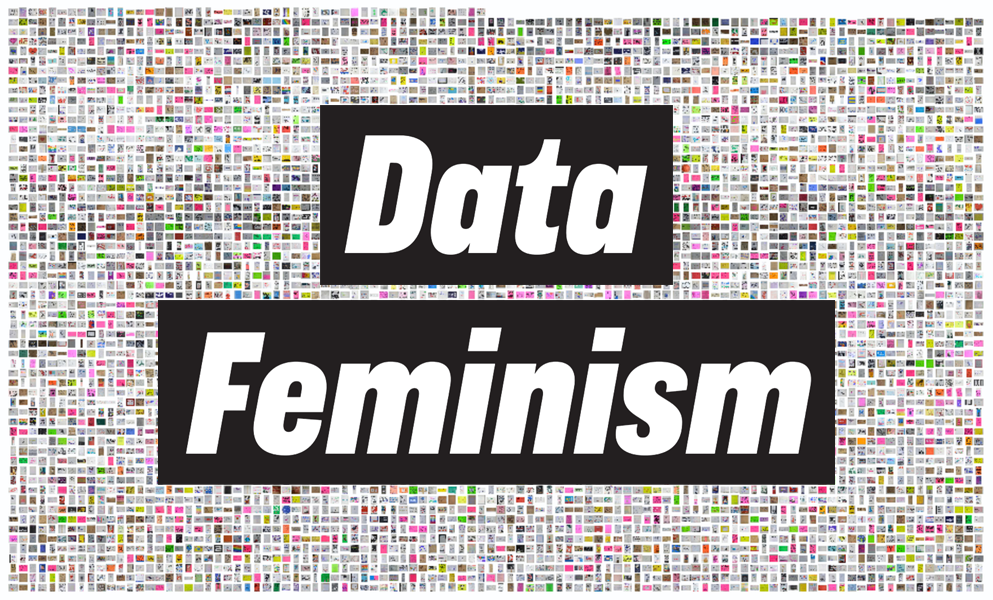“The work of data science, like all work in the world, is the work of many hands. Data feminism makes this labor visible so that it can be recognized and valued.”
Key Terms
Invisible labor – labor that was unpaid and therefore is valued
Reproductive labor – a term that stems from the classical economic distinction between paid workers (the economically productive labor of the marketplace) and the unpaid (the economically unproductive labor of “everything else/”
Racialized labor – a term that refers to how various forms of work (such as housework) are structured along the lines of race
Underwaged labor / waged labor – two terms that distinguish between the domestic labor of women of color (underwaged labor) and the more lucrative labor of upper-class, white women (waged labor), the latter of which is enabled by the low cost of the former
Cultural data work – the invisible labor involved in moderating the deluge of content produced every day to prevent harmful media (i.e. pornographic, graphic violence, etc.) from circulating on social media feeds
Data production studies – a growing area of research which refers to the work of those studying the labor of data science, especially those that are examining and challenging power by tracing visualizations, algorithms, and bots back to their human and material origins
Screening techniques – a term that refer to the self-perpetuating processes that make the labor of certain demographics invisible and leads to their contributions going unrecognized
Emotional labor – a term that refers to labor that remains hidden because we are not trained to view it as labor at all; the work that is involved in managing one’s feelings, or someone else’s feelings, in response to the demands of society, a certain job, etc.
Affective labor – a term that refers to the work of experiencing a feeling (or feelings) in and of themselves, as opposed to the work of projecting that feeling
Crip time – a term which disability studies scholars use to refer to a fluid timeline that reflects the subjective nature of time and time management; it “bends the clock to meet disabled bodies and minds” as opposed to the other way around
Care work – a term that refers to work involved in the care and maintenance of human life
Info-Maintainers – the people who work in libraries and archives and in related preservation fields to ensure that the knowledge of the present remains accessible for generations to come
